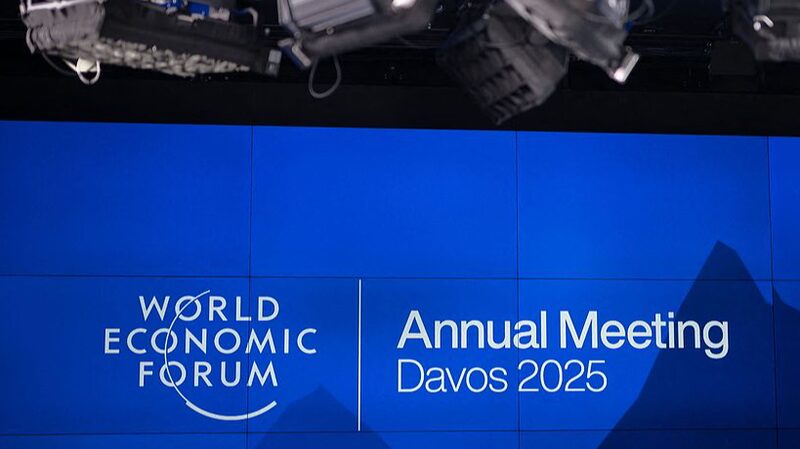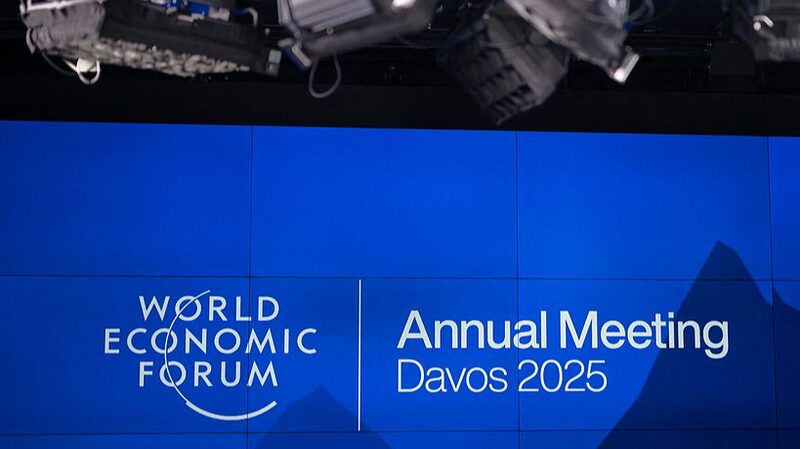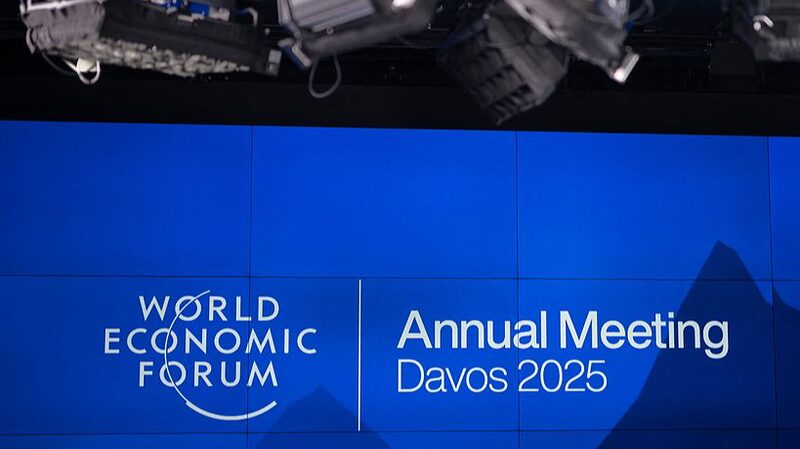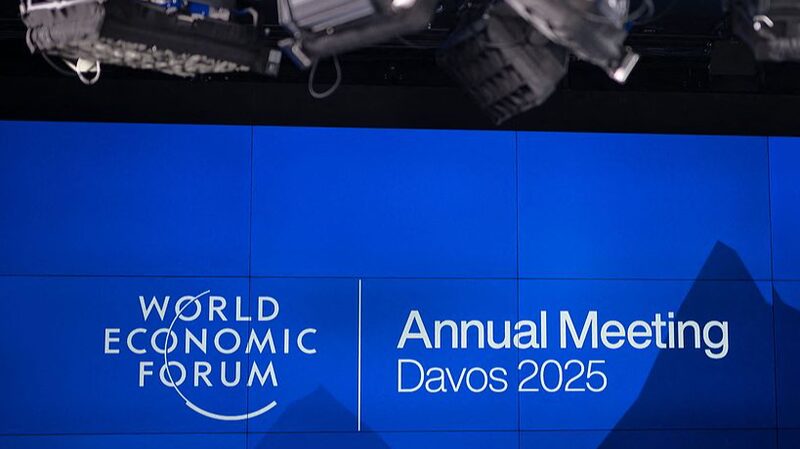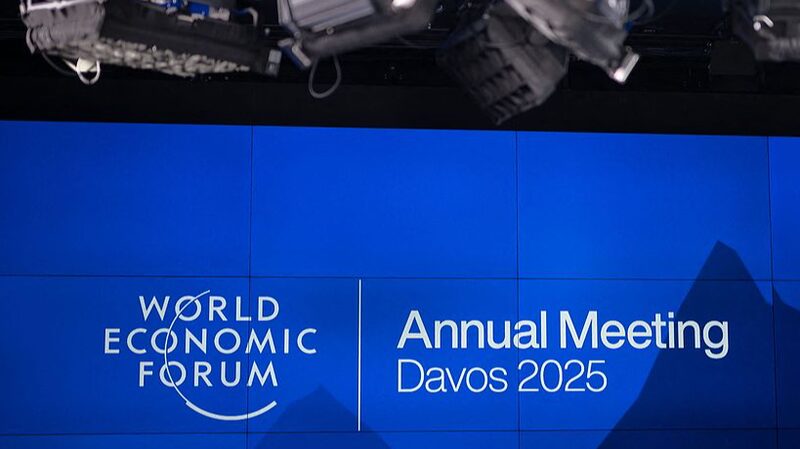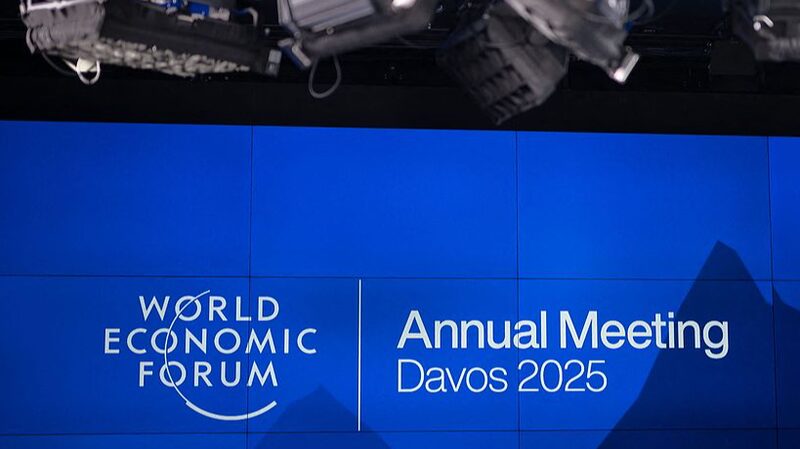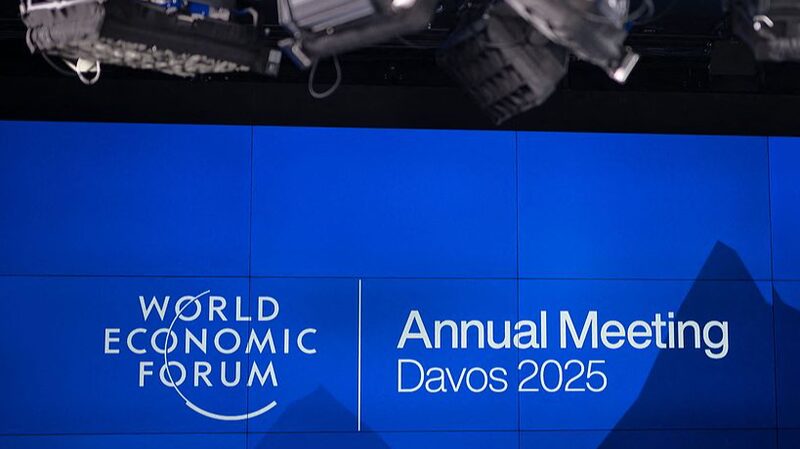The World Economic Forum (WEF) is set to hold its annual meeting from January 20 to 24 in Davos, Switzerland. This year's gathering is expected to bring together nearly 3,000 leaders from politics, academia, and business, including 60 heads of state and government.
Historically, the WEF has been a catalyst for significant global discussions and initiatives. In 1992, for instance, Nelson Mandela and F.W. de Klerk met at Davos, marking a pivotal moment in the fight against apartheid. Similarly, in 1998, during a time of financial uncertainty, the concept of a dialogue platform between developed and developing nations emerged, eventually leading to the formation of the Group of 20 (G20).
The upcoming Davos 2025 meeting is poised to be even more critical, addressing the widening gap between global aspirations and anxieties. Geopolitical and economic uncertainties, trade tensions, cultural polarization, and climate challenges are becoming increasingly interconnected and complex. At the same time, rapid technological advancements in quantum computing, biotechnology, and artificial intelligence present unique opportunities to enhance productivity, improve living standards, and reduce poverty and inequality.
Under the theme \"Collaborating for the Intelligent Age,\" Davos 2025 will focus on how converging technologies are reshaping our world with the potential to both uplift and divide humanity. The forum will center around five key priorities:
- Rethinking Growth: Exploring new economic models that promote sustainable and inclusive growth.
- Industries in the Intelligent Age: Understanding the transformation of industries through technological innovation.
- Investing in People: Emphasizing education and skills development to prepare the workforce for future challenges.
- Safeguarding the Planet: Addressing environmental issues and promoting sustainable practices.
- Rebuilding Trust: Fostering collaboration and trust among global communities and institutions.
As the world navigates through complex challenges and unprecedented opportunities, the WEF's role in convening global leaders is more vital than ever. The discussions and initiatives that emerge from Davos 2025 have the potential to shape policies and strategies that will impact societies across Asia and beyond.
Reference(s):
cgtn.com

